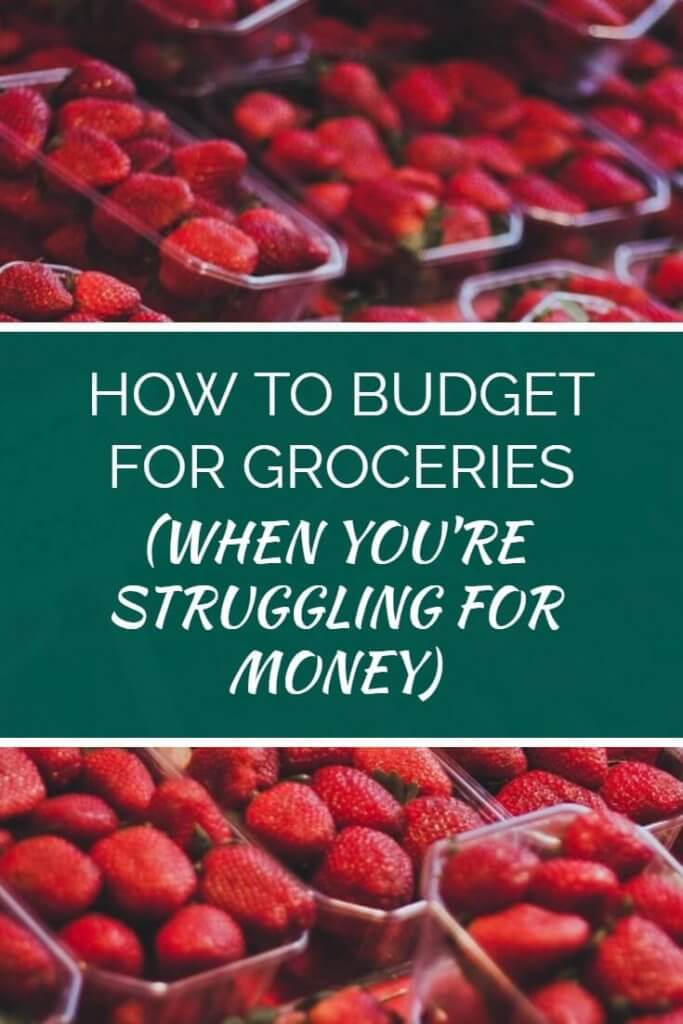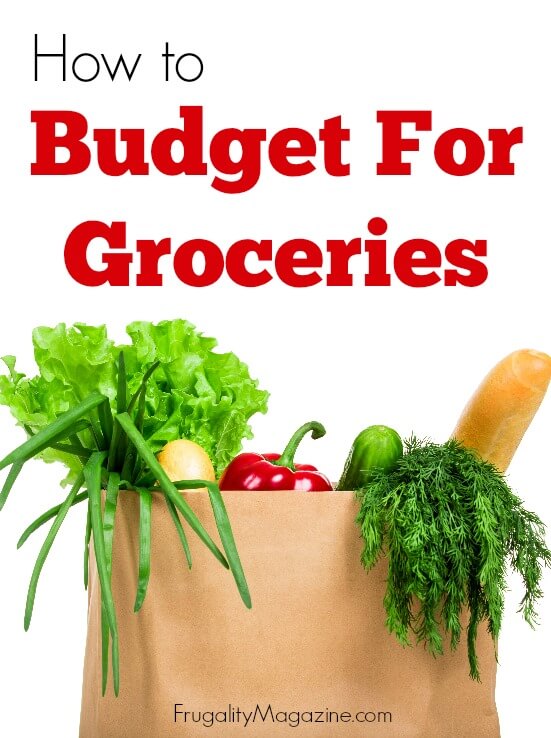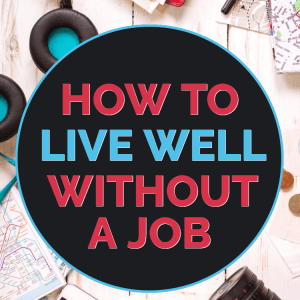Contents
When money is tight there are all sorts of expenses we can ignore for another day.
Those shoes will last another few weeks yet. That vacation property will still be there next month.
But groceries are rather different. After all we all need to eat.
As a result when you’re taking control of your finances it’s essential that you learn how to budget for groceries.
In this way you’ll not only be guaranteed never to go hungry again, but you’ll also be able to avoid having to put the grocery shopping on your credit card due to lack of funds.
Track Your Past Grocery Shopping
The first key to budgeting for groceries is understanding your standard spending on food; both the sum of money you spend on average plus when you spend this money.
Ideally by the end of this exercise you’ll have a fair idea of how much you spend in total on food between pay checks, so you’ll know how much money you need to keep back.
The easiest way I have found to track your spending on groceries is to go out of your way to pay for your food shopping with your debit card (as opposed cash).
In this way you can easily consult your online bank account and instantly pull out all your grocery shopping bills.
Spend Less on Groceries
In terms of how to budget for groceries a second useful tool when you know how much money you typically spend is to look at the multitude of ways in which you can save money on groceries.
Just because you spend $500 a month – or whatever – on groceries right now doesn’t mean that’s where the figure has to stay.
Instead investigate ways of reducing your food shopping bill. Examples can include:
- Focusing on buying items on sale
- Buying in bulk for a discount
- Tracking your food use so you throw less out-of-date food away
- Clipping coupons
“Ringfence” Finances

The key to budgeting for groceries is therefore to carefully put this money aside somewhere that it won’t be touched.
Perhaps this means setting up a second bank account specially for grocery shopping.
Perhaps it means withdrawing the cash when you get paid and keeping it in a jar or special wallet at home.
After all, when you combine knowledge of how much you typically spend on groceries with that same amount of money you should find it is easy to budget towards your food shopping.
Just make sure that you only use this money for food shopping – if you’re tempting to dip into the fund for other reasons you may prove to be sorely disappointed when grocery day comes round.
Stick To The Plan
With such a simple – yet effective – plan, it is very difficult to fail when budgeting for groceries. There are only a couple of things can really derail your plans.
The first of these is that you did your calculations wrong and you actually spend far more money on food than you realized. In these cases keep records going forward of your spending so that you can adjust your “ringfenced” funds appropriately.
The second way you could struggle to budget for food is by overspending in the future. It can be easy to get carried away with multibuys and other promotions.
This is why it is so important to try and save money along the way. When you’re actively trying to spend less money on food it is unlikely you will struggle with this problem.
The final way you might find it hard to budget for groceries are those special occasions where you might buy more food.
Christmas is a perfect example; many of us get into financial difficulties in late December as the festive bills start to pile up – but it’s not absolutely necessary.
If you’ve followed the advice given above then you’re probably spending less on groceries than your budget allows. This means that each month you should be slightly “in credit”.
I would suggest you keep transferring in the same amount of money to your grocery fund each month. In this way you’ll build up an excess over time. Every month that you underspend you have essentially built up your “Christmas fund”.
After all, spend just $30 a month less and after 12 months you’ll have $360 “spare” sat in that account for Christmas.
Now won’t it be fun having all that to spend without guilt – on top of your normal grocery budget? Yep – Christmas is truly the best season of the year when you’ve planned and prepared for it.
What are your favorite tips or budgeting for groceries? Please leave your thoughts in the comments section below…











Add comment